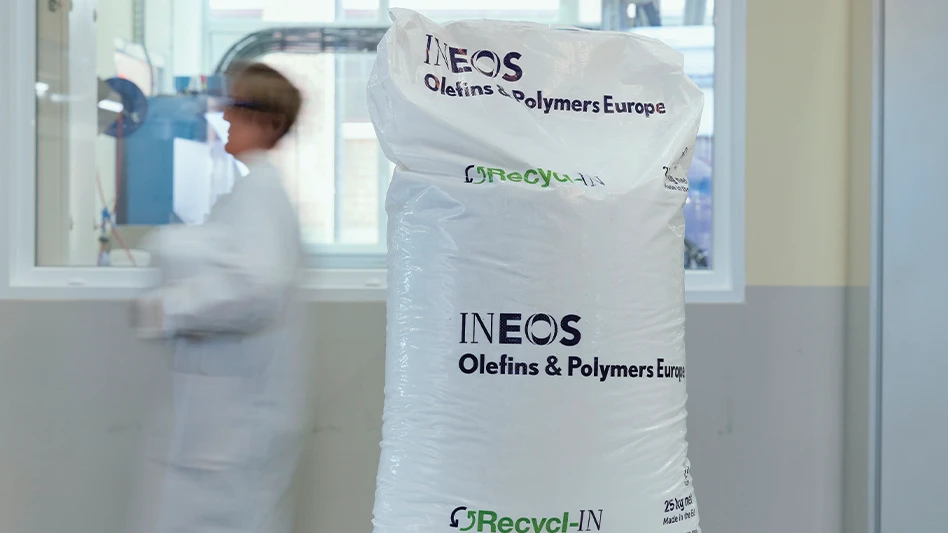
kyrychukvitaliy | stock.adobe.com
American Circular Textiles (ACT), a New York City-based coalition of organizations working to drive circularity in the U.S. fashion sector, submitted a letter to the Environmental Protection Agency (EPA) July 31, urging the agency to include textiles in its efforts to prevent plastic pollution. The letter, submitted by Rachel Kibbe, executive director of ACT, during the comment period for EPA’s draft National Strategy to Prevent Plastic Pollution, outlines the pressing challenges of textile waste and proposes solutions to combat the environmental and social impacts caused by the industry.
RELATED: Update: Plastics industry critical of the EPA Draft National Strategy to Prevent Plastic Pollution
The letter commends the EPA's efforts to address plastic and other waste in waterways and oceans but emphasizes the significant impact of textile waste on environmental health, human well-being and climate change. With approximately 60 percent of clothing production materials consisting of plastic, including polyester, acrylic and nylon textiles, the ATC says, the disposal of more than 30 billion pounds of textile waste annually in landfills and incinerators is becoming the nation's fastest-growing waste stream, a major methane emitter and an outsized source of microfiber pollution.
Kibbe also notes in the letter that recycled polyester’s relationship to the bottle industry represents another challenge. “Plastic bottles are the only scaled feedstock for the production of recycled polyester, which not only diverts bottles from the bottling industry that could be recycled multiple times as bottles but also drives up the cost of recycled content for both industries. Moreover, polyester-based textiles cannot yet be recycled back into new fibers at scale because the infrastructure is underdeveloped.”
RELATED: Unifi to expand Textile Takeback program
In its letter, ACT proposed amendments to existing extended producer responsibility (EPR) laws to include reusing and recycling textiles. The coalition suggests federal Congressional committees collaborate to pass bipartisan legislation providing a unified road map for state textile reuse and recycling solutions, including but not limited to textile-specific EPR laws aligned with the waste hierarchy. This approach aims to harmonize national textile collection targets and the allocation of funds for textile reuse and recycling logistics, infrastructure, market development and innovation ACT says.
Kibbe says, "We believe that by incorporating these recommendations into your strategy, we can make significant progress in reducing plastic waste and promoting circular fashion, ultimately contributing to a more sustainable and equitable future."
ACT says it looks forward to collaborating with the EPA and other stakeholders to affect positive change and drive the transformation of the U.S. fashion industry toward a more sustainable and circular model.
Latest from Recycling Today
- Maverick Environmental Equipment opens Detroit area location
- International Paper completes sale of global cellulose fibers business
- Building a bridge to circularity
- Alton Steel to cease operations
- Nucor finishes 2025 with 14 percent earnings decline
- Algoma to supply Korean shipbuilder
- Improving fleet maintenance management across multiple locations
- Aimplas project recycles nylon fishing nets





